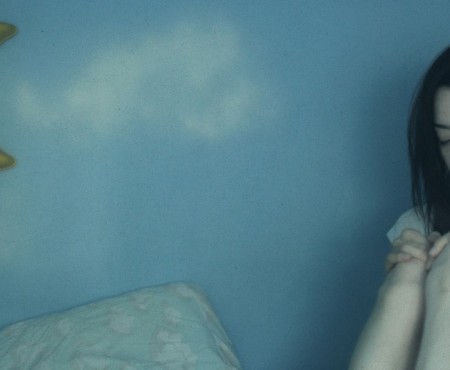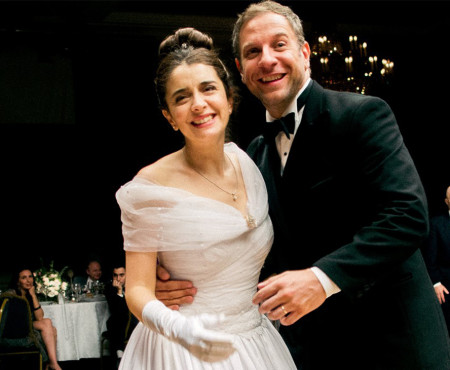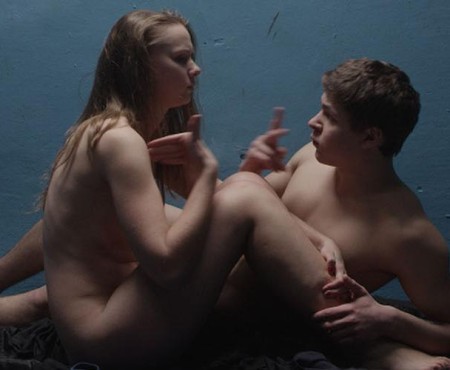There’s a moment around two-thirds of the way through Girlhood where it seems as though the movie is winding up. It isn’t. In fact, it goes on for another 30-40 minutes. But every single event that takes place in that time is redundant, in light of what the film had already established. It’s a sloughing experience, one that sours what up until that point had been an engaging piece.
It’s not just that the last act is repetitive. At its outset, Girlhood avoids the miserablist pitfall filmmakers are so often tempted towards when telling stories about lower-class life – even if it still makes use of a few familiar character types. But the new direction throws that out the window — here comes the drug dealing, the lost causes. The film hugs close the idea that female companionship is all that some young women can truly rely on in this world. But not even that can save you from being a pity case in a festival flick, it seems.
But that’s what comes later. Before that Girlhood is quite the good time. Karidja Touré is Marieme, a sweet-natured French African teen living in a housing estate on the outskirts of Paris. She has a tender relationship with her two younger sisters, a strained one with her oft-working mother, and a meek one with her domineering older brother. Marieme enters summer with bad grades denying her the opportunity to go to high school, leaving vocational school her only prospect lying ahead. An alternative to resigning herself to a future of menial labor comes in the form of a trio of “bad” girls, led by the steely Lady (Assa Sylla). Soon, Marieme is rechristened “Vic” and coming out of her old shell — wearing straight hair, shoplifting, smoking pot, street fighting, and more.
Refreshingly, the movie doesn’t clutch its pearls at Vic’s new behavior. White teens have been getting away with this shit in movies for decades. Writer/director Céline Sciamma gets that, and instead presents this recklessness as an escape for Vic, especially since it bonds her to her new friends, crafting for her a safer space than she has anywhere else.
This is best exemplified in the movie’s high point, a four-way lip-sync rendition of Rihanna’s “Diamonds.” Big singalong moments are an easy cliche, especially in female-oriented films, but Girlhood keeps a steady stylistic hand so that it doesn’t break the form of its whole. It feels like an honest moment, and fits in just as well with the quieter compositions that characterize much of the rest of the picture.
Right now, critics and viewers alike are justly calling for a greater diversity of stories from our entertainment. Girlhood, for all its faults, represents a point of view we don’t see enough of. It examines the social pressures that black girls feel from all sides of culture, how it mercilessly polices their bodies and behavior. If only it ended before it devolved. You could stop the film around the 80-minute mark and get everything it was trying to say, and have a much better taste left in your mouth.




















One thought on “AFI Fest Review: “Girlhood””
Pingback: The 2014 Cinematic Retrospectivus